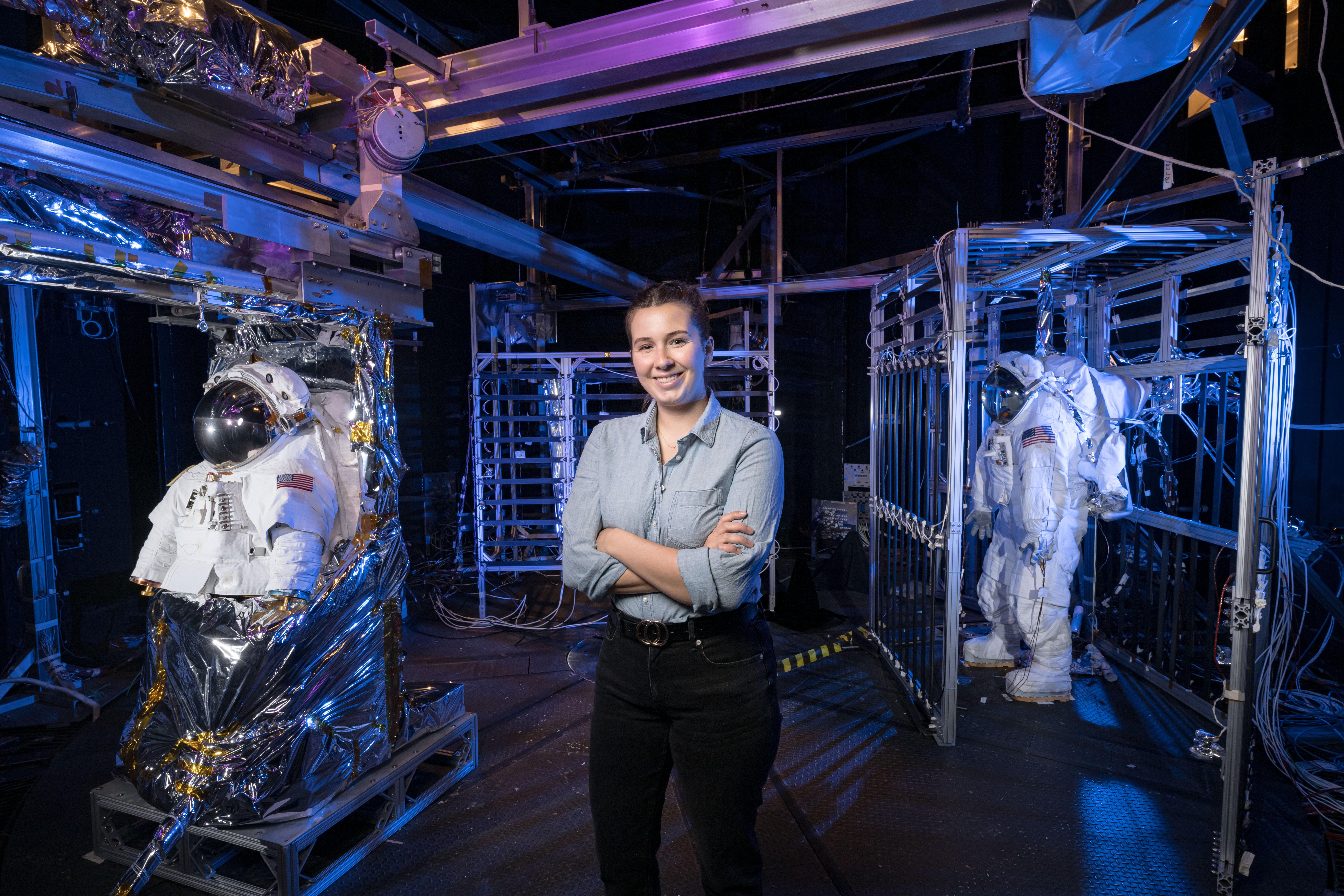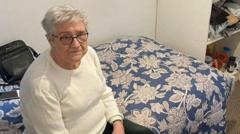
a safety engineer in the station's program office, and served as a project engineer working on next-generation spacesuit assembly and testing. She has also embraced an unofficial duty: speaking openly and honestly about her neurodivergence. "I used to hide it or avoid talking about it.
I used to only see it as an impediment, but now I see how I can also do things or think about things in a unique way because of my disability," she said. Peters said that when her neurodivergence impacts her ability to do something, she is honest about it and seeks help from her colleagues. "My hope is that when I talk about it openly, I am creating an environment where others with disabilities also feel comfortable being their true selves, in addition to humanizing the disabled community for those who are not a part of it.
" Miranda Peters stands inside one of Johnson Space Center's testing chambers in Houston with an Exploration Extravehicular Mobility Unit (xEMU) in the background. NASA Over time, Peters has also shifted her self-perception. "I'm an anxious person and was made to feel self-conscious about that in the past, but that anxiety also makes me transparent about what I'm doing and where the gaps in my knowledge are, which has earned praise from team leadership," she said.
Similarly, while Peters once saw her sensitivity as a weakness, she learned to appreciate her ability to empathize with and anticipate the needs of others. "That makes me a good mentor and leader," she said. Learning to filter feedback has been another important lesson.
"Advice and...
Linda E. Grimm.










